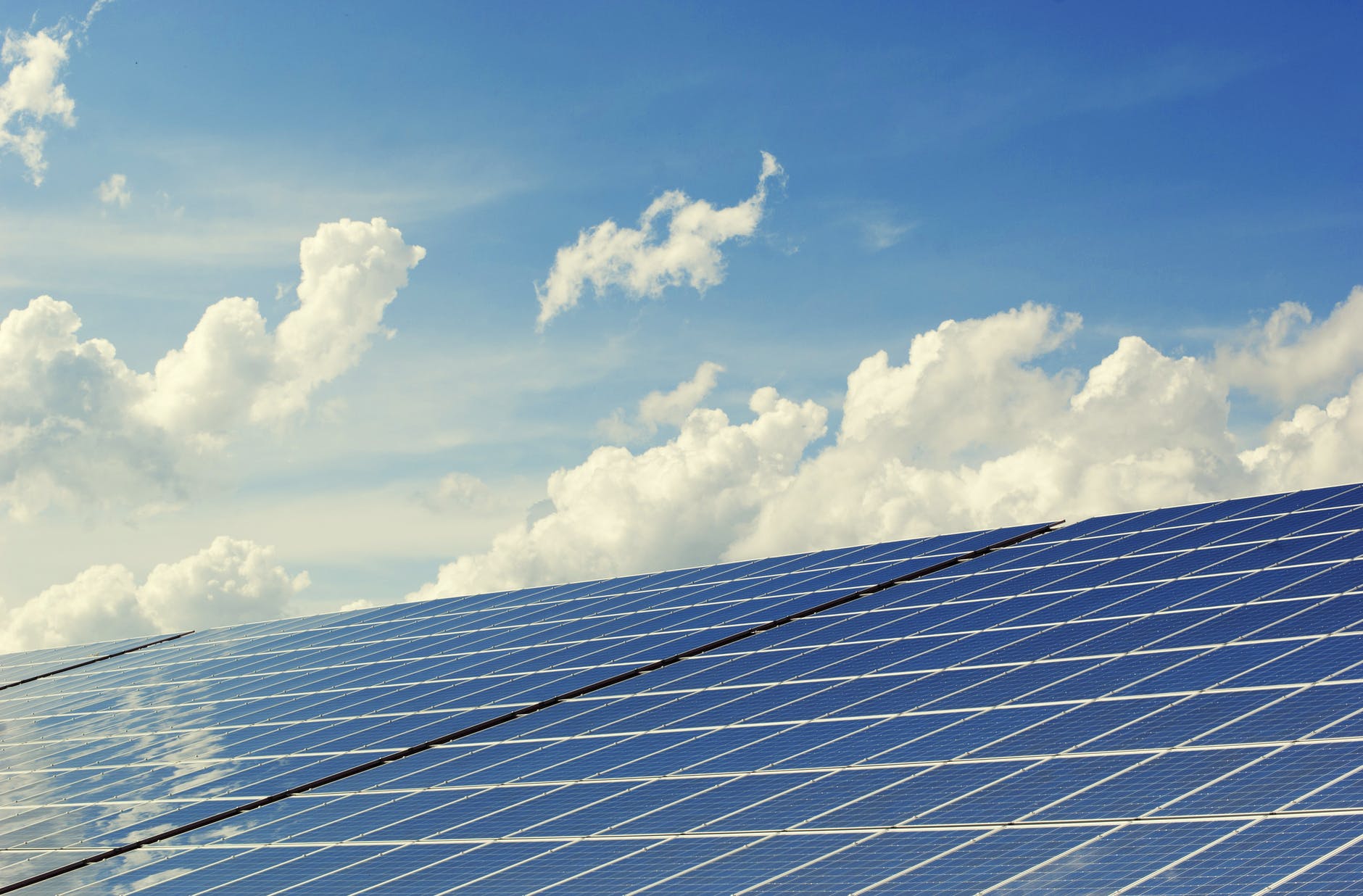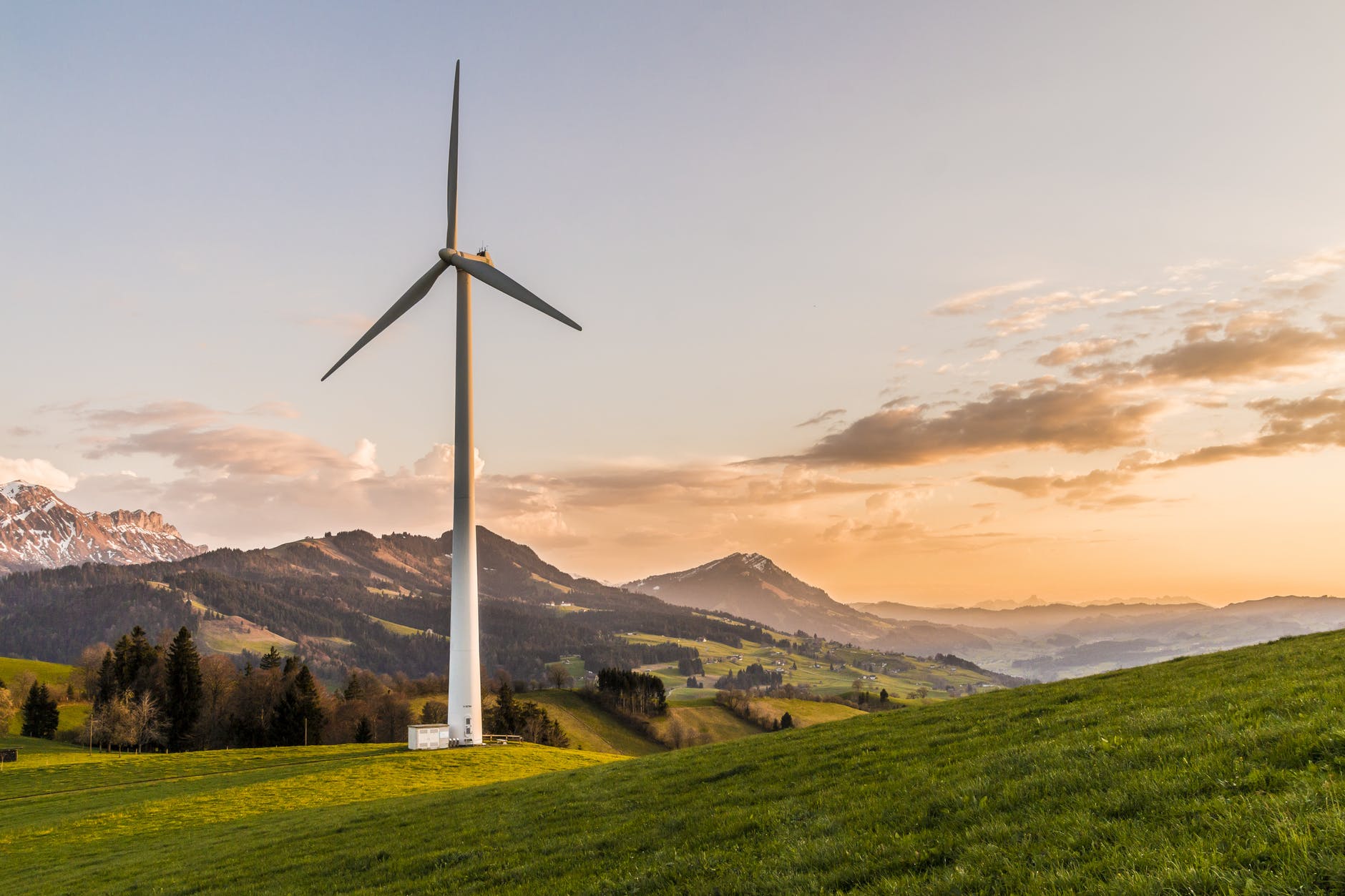Exclusive: documents seen by Guardian show companies fought clean-air rules despite being aware of harm caused by air pollution Guardian

As with the climate crisis, further documentation has emerged that demonstrates that the fossil fuel industry knew – at least 50 years ago (before I was even born) – that their products cause significant negative health impacts. Despite that, they have spent decades not only continuing to produce something that is known to be harmful, but actively fighting against regulations.
The documents, which include internal memos and reports, show the industry was long aware that it created large amounts of air pollution, that pollutants could lodge deep in the lungs and be “real villains in health effects”, and even that its own workers may be experiencing birth defects among their children.
But these concerns did little to stop oil and gas companies, and their proxies, spreading doubt about the growing body of science linking the burning of fossil fuels to an array of health problems that kill millions of people around the world each year. Echoing the fossil-fuel industry’s history of undermining of climate science, oil and gas interests released a torrent of material aimed at raising uncertainty over the harm caused by air pollution and used this to deter US lawmakers from placing further limits on pollutants.
Guardian
And yet, despite the overwhelmingly negative impacts of fossil fuel use -for people and the planet – not only are we not doing everything in our power to end the fossil fuel industry’s damage, nationally and globally, we are still actively subsidizing the very industry that is causing so much damage. So, things need to change – and this is not a “tweak around the edges” kind of change, but rather a complete, top to bottom systems change. Fossil fuel producers know that they are causing harm, and are actively taking massive public subsidies (direct and indirect) to continue to do things that cause harm. Essentially, we, as taxpayers, are paying them to cause harm, and then paying again to clean up the mess that they made. A radical systems change is needed (and should have started 50+ years ago, when the harm was first known.)
Among other changes, one of the most basic is to stop paying others to harm us, and require that companies (and others) pay the full price for their pollution, while actively supporting more positive options.

Clearly, pricing the negative consequences of fossil fuels, especially carbon dioxide, is critical. “If fuel prices had been set at fully efficient levels in 2015, estimated global CO2 emissions would have been 28 percent lower, fossil fuel air pollution deaths 46 percent lower, tax revenues higher by 3.8 percent of global GDP, and net economic benefits (environmental benefits less economic costs) would have amounted to 1.7 percent of global GDP,” according to the IMF report.
VOX
I firmly believe that we can’t fix what we don’t acknowledge. Denying the scale and scope of a problem does not help us get to a solution. In this case, fully understanding the scale to which some governments and major corporations are actively working against humanity is the first step towards positive change. With this info, we are now better equipped to:
- take individual action to reduce our own carbon footprint
- work in our communities and groups to collectively reduce our carbon footprint
- actively work to elect governments that are serious about tackling the climate crisis at a national and global level.

All problems are solvable, and we can do this, too, if we work together to create the positive future that we all want for future generations.
Further reading:
- Fossil fuels are underpriced by a whopping $5.2 trillion: We can’t take on climate change without properly pricing coal, oil, and natural gas. But it’s a huge political challenge. VOX
- The Guardian: UN secretary general urges all countries to declare climate emergencies.
- BBC News: Climate change: ‘Default effect’ sees massive green energy switch.
…………………………………..
There are always lots of amazing deals on sustainable, zero-waste items in my online store! Check the website for details!













